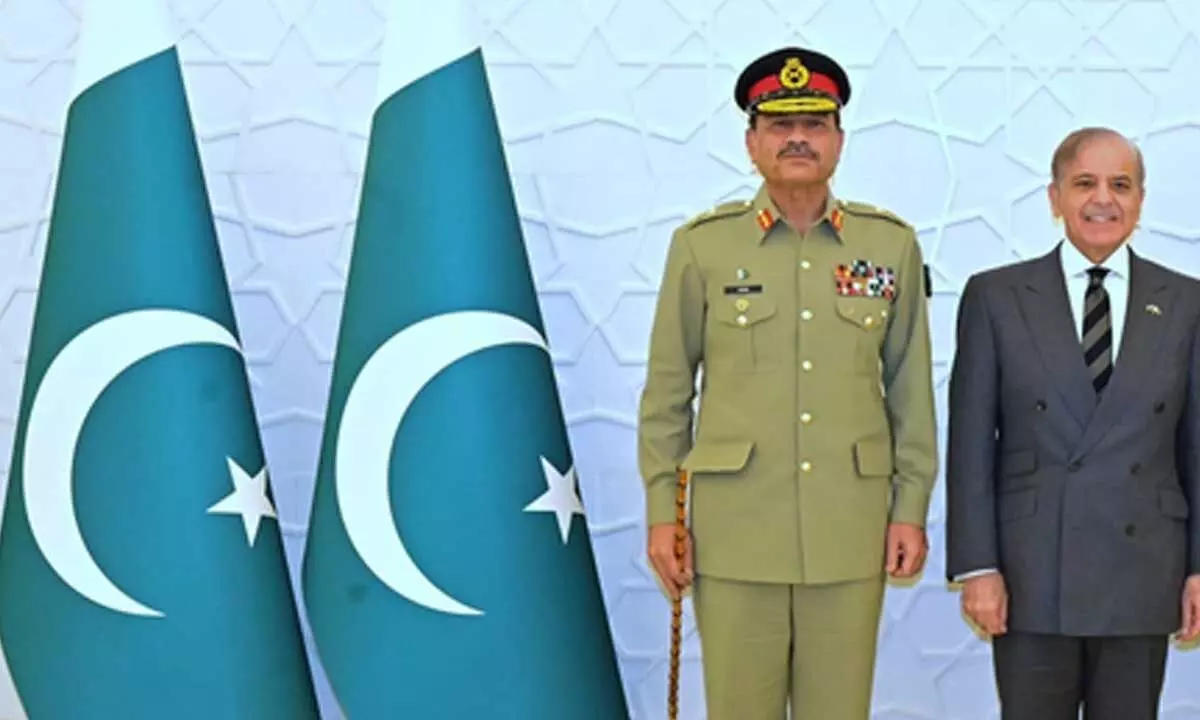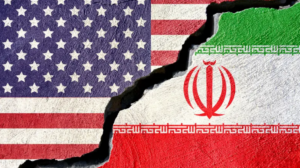
Few images expose the quiet cruelty of Pakistan’s justice system more starkly than that of a child sleeping behind bars — not for a crime, but for being born to a mother who has nowhere else to go.
In the cold architecture of Pakistan’s prisons, innocence exists in the most unnatural of places: steel cages, overcrowded cells, and the stale air of confinement. Here, childhood unfolds in captivity.
In Punjab alone, at least 140 children under the age of six are growing up in prisons alongside their incarcerated mothers.
The statistics are clinical — 67 boys and 73 girls spread across 45 prisons — but the human reality behind those numbers is devastating. These are children whose earliest memories are not of playgrounds or storybooks but of locked gates and the clang of iron doors.
Among the worst affected are those confined in Adiala Jail and Multan Women’s Jail, both of which house the largest numbers of children. Within these walls, the concept of a “home” is a misnomer.
Concrete cells double as nurseries. The sound of guards’ boots replaces the lullabies of normal life. Childhood, instead of being nurtured, is restrained — regulated by curfews, surveillance, and an unrelenting sense of deprivation.
The innocent collateral of justice
These children are not inmates by law, yet they live as prisoners in every sense that matters.
Born to women serving sentences, they inherit confinement as their first condition of existence. Their lives are a cruel byproduct of a justice system that prioritises procedural compliance over moral responsibility.
Authorities argue that the law permits infants to stay with their mothers until the age of five — a clause meant to preserve maternal bonds.
But behind the bureaucratic language of “legal provisions” lies a grim truth: legality is not humanity. The law allows their presence, but it does not protect their childhood.
When these children reach the age limit, they are removed and handed over to relatives or SOS Villages — a second displacement that further compounds the trauma of separation.
The emotional cost of such an upbringing is immeasurable. A child who spends his or her first years in a cell grows up with a warped understanding of safety, freedom, and authority.
The mother’s affection, though real, cannot compensate for the environment’s hostility. The psychological effects of confinement at such a formative age — fear, anxiety, detachment — are consequences the justice system has refused to reckon with.
Life in the shadow of steel
The daily life of these children offers little to distinguish one day from another. Most prisons in Punjab provide only the most basic amenities — thin mattresses, limited food, and minimal healthcare.
Meals typically consist of lentils and flatbread. Nutritional needs of growing children remain unmet, and milk or fruit is a luxury. In some facilities, reports suggest that children are made to assist with menial chores, blurring the line between care and exploitation.
Education, when available, is sporadic at best. A few prisons claim to provide rudimentary schooling, but teachers visit irregularly, and lessons are conducted in cramped rooms ill-suited for learning.
There are no toys, no books, no open fields. Instead, the children grow up watching guards patrol corridors and hearing the occasional outburst of anger or despair echo through the walls.
The prisons themselves are not built to accommodate infants or toddlers. Sanitation facilities are poor, ventilation is inadequate, and disease spreads easily.
The lack of pediatric healthcare exposes these children to preventable illnesses, while the absence of emotional stimulation stunts their cognitive and social development. These are children being shaped by an environment meant for punishment, not protection.
A system of indifference
Officials are quick to defend the system. They point to compliance with existing rules and insist that all “necessary facilities” are provided. But compliance is not compassion.
The insistence on meeting “legal obligations” reveals a bureaucracy more concerned with ticking boxes than confronting the moral crisis unfolding within its walls.
The state’s attitude towards these children mirrors its broader neglect of the prison population. Overcrowding, corruption, and neglect define Pakistan’s jails, and the needs of women and children are often relegated to the margins.
Even as the government touts prison reform and gender sensitivity, the reality remains bleak: the youngest and most vulnerable citizens of the country are growing up in conditions unfit for any human being.
International conventions, including the United Nations Convention on the Rights of the Child, emphasise the right to a nurturing and safe environment.
Pakistan is a signatory, yet its prisons stand as a glaring contradiction to these commitments. The very notion of “child rights” loses meaning when children are born into cells and raised under constant surveillance.
Mothers in captivity
For the mothers, the experience is equally tormenting. Many are serving sentences for minor offences, often related to poverty, domestic abuse, or coercion.
Incarceration for them is not merely a loss of freedom but a prolonged punishment of motherhood. They must nurse their infants in unhygienic conditions, navigate bureaucratic hostility, and endure the shame of raising a child behind bars.
Some women reportedly choose to keep their children with them out of fear that relatives might mistreat or abandon them.
But this act of protection is also an act of despair — a recognition that no option before them is humane. Whether inside prison walls or outside, the state offers no assurance that its children will be safe or cared for.
The invisible victims
Public awareness of this issue remains minimal. The plight of imprisoned mothers and their children rarely enters the national conversation, overshadowed by more sensational political narratives.
When it does appear in reports, it is reduced to numbers — 140 children, 45 prisons — devoid of names, faces, or voices.
But behind those statistics are lives suspended in stillness. A boy learning to walk between metal bars.
A girl tracing chalk lines on a damp floor. A mother hums to quiet her child as the lights go out for the night. These moments do not exist in official data, yet they define the everyday cruelty of the system.
Pakistan’s prisons are not just holding criminals; they are manufacturing trauma in the next generation.
Every child born behind bars becomes a silent witness to a system that confuses legality with justice and duty with carelessness.
The moral cost of this neglect will not vanish when these children are transferred to orphanages or relatives. It will live on — in the emotional voids and fractured identities of those who never knew what freedom felt like.
A childhood denied
A prison cell can never be a cradle. Yet in Pakistan, it has become one of dozens of innocent lives.
These children are growing up in the shadow of punishment they never earned, their laughter muffled by walls meant to suppress.
They represent the most voiceless victims of a justice system built on indifference — a system that measures compliance by the letter of the law, not by the depth of its conscience.
To be born behind bars is to begin life in captivity. For more than a hundred children across Pakistan, that captivity is not metaphorical. It is their world — one defined by confinement, deprivation, and the slow erosion of what it means to be a child. And as long as this continues, every day that passes behind those walls is another day stolen from the innocence of Pakistan’s forgotten generation.






